A PLUME BOOK
MYSTERY TRAIN

Outstanding Praise for Mystery Train
When Greil Marcus writes about Elvis you feel the relationship between the star and the scribe is elemental; you feel the writer somehow lives inside the performers style and catches his breath at a very personal-seeming eruption of meaning in the life and the work.
Andrew OHagan, The New York Review of Books, 2003
Marcus writes criticism like Dylan writes songs.
Ron Jacobs, Counterpunch, 2005
Ill never forget the seismic shock I experienced reading [Marcuss] first book, Mystery Train.... The book profiles six artists who he believes articulate the inherent contradictions of American culture: between freedom and servitude, tolerance and prejudice, opportunity and repressionin short, the disconnect between reality and certain enduring American myths. Marcus was audacious enough to claim that rock artists can be on equal footing with other great creators, and persuasive enough to make the argument stick.
Marc Weingarten, author of The Gang That Wouldnt Write Straight: Wolfe, Thompson, Didion, Capote, and the New Journalism Revolution
Mystery Train and Lipstick Traces remain two of the most compelling investigations of music ever published.
J. Gabriel Boylan, Salon, 2006
Marcuss M.O. has always been to begin with a workfilm, novel, song, careerand draw circles of reference outward to see where that work touches other works, other careers, other arts; and then how it implicates and is in turn implicated by the politics, crimes, and blunt fact of American life. As the breadth of that referential radius widens, connections snap and abstractions are jolted awake. Pretty soon the work (Bob Dylans The Basement Tapes) or career (Elvis Presley) becomes an active nerve center, its far-flung tendrilsfactual, poetic, metaphoricalcasting up sparks.
Devin McKinney, American Prospect, 2006
Through the arts, Marcus writes, you begin to discover what it is you truly love. And what you truly love should inspire you to change the world and yourself. Thats what an American cultural critic should do: inspire you to change the world and yourself. Nobody does it better than Greil Marcus.
Michael S. Roth, San Francisco Chronicle, 2006
Greil Marcus is one of Americas great listeners.... His enormous force as a critic has never been in merely divvying good from bad. It is in telling you why something mattersbe it the Declaration of Independence or a Sly and the Family Stone record.
Hua Hsu, The Village Voice, 2006
ALSO BY GREIL MARCUS
Lipstick Traces: A Secret History of the 20th Century (1989)
Dead Elvis: A Chronicle of a Cultural Obsession (1991)
In the Fascist Bathroom: Punk in Pop Music, 19771992 (1993)
The Dustbin of History (1995)
The Old, Weird America: The World of Bob Dylans
Basement Tapes (1997)
Double Trouble: Bill Clinton and Elvis Presley in
a Land of No Alternatives (2000)
The Manchurian Candidate (2002)
Like a Rolling Stone: Bob Dylan at the Crossroads (2005)
The Shape of Things to Come: Prophecy and the American Voice (2006)
AS EDITOR
Stranded (1979)
Psychotic Reactions and Carburetor Dung, by Lester Bangs (1987)
The Rose & the Briar: Death, Love and Liberty
in the American Ballad, with Sean Wilentz (2004)

Images of America
in Rockn Roll Music
FIFTH REVISED EDITION

GREIL MARCUS

To Emily and Cecily
and in memory of my dear friend and editor, Bill Whitehead
PLUME
Published by the Penguin Group
Penguin Group (USA) Inc., 375 Hudson Street, New York, New York 10014, U.S.A.
Penguin Group (Canada), 90 Eglinton Avenue East, Suite 700, Toronto, Ontario, Canada M4P 2Y3
(a division of Pearson Penguin Canada Inc.)
Penguin Books Ltd., 80 Strand, London WC2R 0RL, England
Penguin Ireland, 25 St. Stephens Green, Dublin 2, Ireland (a division of Penguin Books Ltd.)
Penguin Group (Australia), 250 Camberwell Road, Camberwell, Victoria 3124, Australia
(a division of Pearson Australia Group Pty. Ltd.)
Penguin Books India Pvt. Ltd., 11 Community Centre, Panchsheel Park, New Delhi 110 017, India
Penguin Group (NZ), 67 Apollo Drive, Rosedale, North Shore 0632, New Zealand
(a division of Pearson New Zealand Ltd)
Penguin Books (South Africa) (Pty.) Ltd., 24 Sturdee Avenue, Rosebank, Johannesburg 2196, South Africa
Penguin Books Ltd., Registered Offices: 80 Strand, London WC2R 0RL, England
Published by Plume, a member of Penguin Group (USA) Inc. Previously published in a Dutton edition.
First Plume Printing (Fifth Revised Edition), April 2008
Copyright Greil Marcus, 1975, 1982, 1990, 1997, 2008
All rights reserved
 REGISTERED TRADEMARKMARCA REGISTRADA
REGISTERED TRADEMARKMARCA REGISTRADA
CIP data is available.
ISBN: 978-1-101-66164-2
Original hardcover design by Nancy Etheredge
Without limiting the rights under copyright reserved above, no part of this publication may be reproduced, stored in or introduced into a retrieval system, or transmitted, in any form, or by any means (electronic, mechanical, photocopying, recording, or otherwise), without the prior written permission of both the copyright owner and the above publisher of this book.
PUBLISHERS NOTE
The scanning, uploading, and distribution of this book via the Internet or via any other means without the permission of the publisher is illegal and punishable by law. Please purchase only authorized electronic editions, and do not participate in or encourage electronic piracy of copyrighted materials. Your support of the authors rights is appreciated.
BOOKS ARE AVAILABLE AT QUANTITY DISCOUNTS WHEN USED TO PROMOTE PRODUCTS OR SERVICES. FOR INFORMATION PLEASE WRITE TO PREMIUM MARKETING DIVISION, PENGUIN GROUP ( USA ) INC., 375 HUDSON STREET, NEW YORK, NEW YORK 10014.
AUTHORS NOTE
Writing these opening notes reminds me of the prefaces to the American history books that were written during World War II, when the authors, looking back for the meaning of the Revolution or the Civil War or whatever, drew modest but determined parallels between their work and the struggle. They were affirming that their work was part of the struggle; that an attempt to understand America took on a special meaning when America was up for grabs. Those writers were also sayingat least, this is what they now say to methat to do ones most personal work in a time of public crisis is an honest, legitimate, paradoxically democratic act of common faith; that one keeps faith with ones community by offering whatever it is that one has to say. I mean that those writers were exhilarated, thirty years ago, by something we can only call patriotism, and humbled by it too.

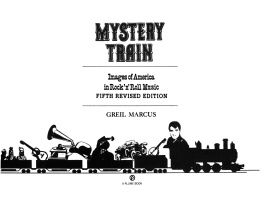

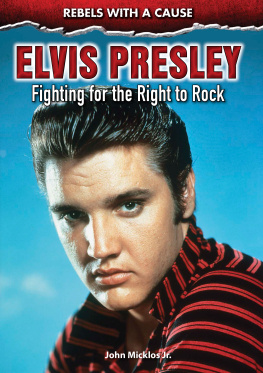
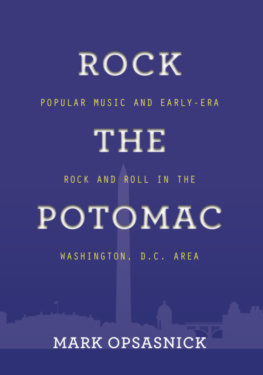
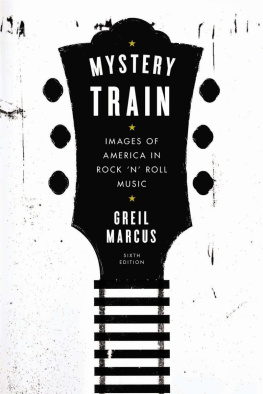

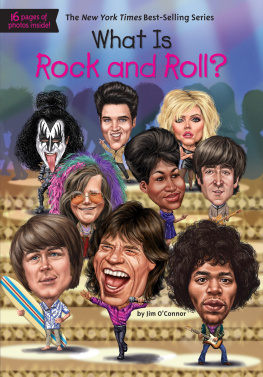
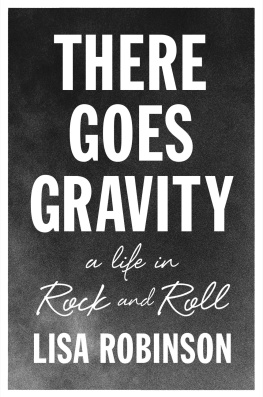
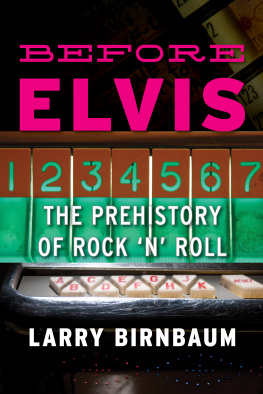


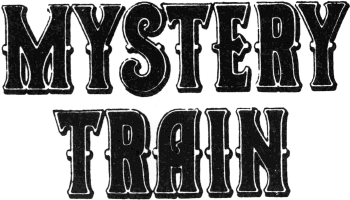



 REGISTERED TRADEMARKMARCA REGISTRADA
REGISTERED TRADEMARKMARCA REGISTRADA